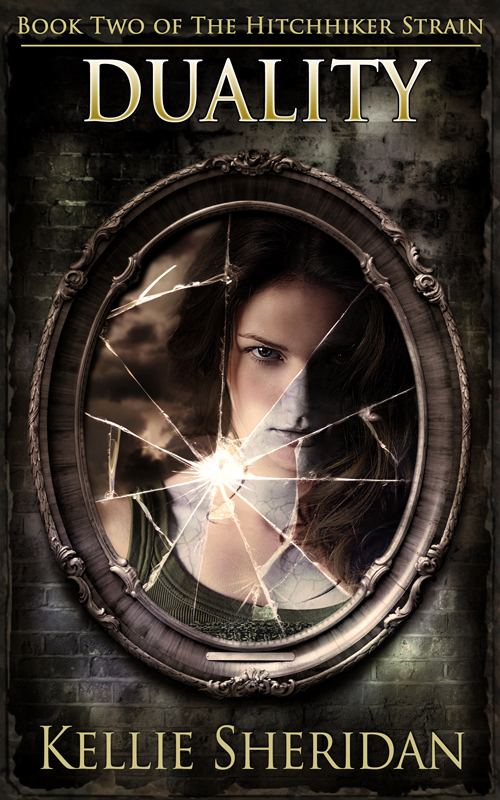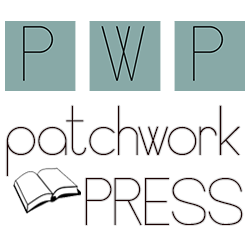Sorry this is a little later getting up. I thought I would have internet when I went away this weekend and alas, I did not. So, here is a whole lot of Paul Hardy in a very short period of time. Enjoy!
Q- How did you come up with the concept for The Last Man on Earth Club?
There were two stages:
1: CRAZY WILD INSANE IDEA!
2: The application of logic and reality to the crazy wild insane idea.
Stage one came from idle musing while failing to sleep. Apocalypse stories are fun, sure, but once you get down to the last survivor, it tends to get a bit dull. The last man (or woman) on Earth generally doesn’t have a lot of interesting conversations. Or other kinds of interactions. This is probably why there are very few stories about the absolute last survivor, because their lives tend to be dull unless they’re fighting mutants or vampires or something.
But what if they could talk to each other? What if you could get a few last survivors around a table? Especially if they were survivors of different apocalypses? What would they talk about? Would they end up fighting instead? Would they have anything in common except for witnessing an atrocity on a global scale?
This is cute but makes no sense. Multiple last survivors? Unlikely to happen at the same time. Still, it would be interesting if it could be made to happen…
So, moving on to stage two: can a logical, sensible reason be found to get them together? Or at least, something that’s logical and sensible given the possibilities on offer within science fiction? Well, parallel universes give a way for multiple last survivors to co-exist, and then you need some other agency to bring them together as they’re unlikely to be able to manage it by themselves. But why bring them together at all? You could make them celebrities on another world and put them on a talk show, but that doesn’t strike me as the first thing you’d do to someone who’s survived awful, terrible experiences and is probably ill-equipped to be able to deal with human society, let alone a human society from another universe that’s likely to be more advanced than theirs.
Nah. Unless the people rescuing them are complete dicks, they’ll attend to their greatest needs first – medical treatment to begin with, and then therapy for their psychological trauma. And there’s going to be a lot of psychological trauma.
At which point the light went on: a therapy group!
Q- Did you put together an outline or just start writing? Overall, how long did the book take from conception to completion?
I did try to jump in and just write it at one stage. I’d worked out some basic ideas for characters and the situation, and I’d read up on PTSD, which gave me all sorts of ideas on how to approach the therapy. I’d never tried that kind of improvisation before, so I thought I’d give it a go.
It was a disaster. I had Asha being given her assignment as the group’s therapist, taking the tube towards the Centre (which was originally out on the edge of Hub Metro), and it was incredibly tedious. I was writing about a dull journey because I had no idea what would happen when I actually got to the characters.
So I threw that away and settled down to figure things out. I didn’t outline the story right away; first of all I looked at each of the characters, their lives, worlds and apocalypses. I figured all of those out, writing potted biographies along with lots of other details on how their worlds met an end.
That took six months.
Then I outlined the novel. With all the background at my fingertips, it turned out to be much easier to figure out where to go.
The first draft took eight months. Then I spent another couple of months polishing it and cutting furiously (hacking out about 35,000 words) to get it ready for submission to a competition. I didn’t win anything, but it gave me a deadline to aim at.
Then six weeks of leaving it alone; and finally three months of redrafting and proofreading. It got longer again, but never as long as the first draft. It came to something like 21 months in the end – it would have been much faster if I didn’t have a day job, of course. Damn that day job!
(shakes fist)
Q- Why did you decide to go the self publishing route?
Self-publishing via Kindle became possible in the UK while I was writing this novel; I hadn’t even heard of it when I started. The recession forced me to get a very tedious day job, and writing this was essentially my way of staying sane.
(I’m not sure what that says about my sanity, given all the billions of dead people on the worlds I created…)|
My general opinion of self-publishing was originally formed by the horror stories of authors getting ripped off, and the gleeful explanation of the workings of a vanity press that Umberto Eco included in Foucault’s Pendulum. So initially I was dubious, but after doing the research and seeing that people were actually buying these things, and that Amazon was running the whole thing in a largely sensible manner, it came down to some simple equations:
Traditional submissions to agents (of which there are about seven in the UK who are interested in SF) = maybe a year, maybe two years before I find out whether it was worth bothering in the first place. Also lots of postage wasted. Chance of getting published: minimal, regardless of whether or not the novel is good.
Self-publishing on Kindle = six months (maybe more, maybe not) before I find out whether it was worth bothering. And in the meantime I make some pocket money for virtually no initial outlay other than the time it takes to prepare the book, and maybe build an audience too. If it goes really well, the traditional publishers will come to me rather than the other way round.
Not much of a contest, is it?
Q- Looking back, is there anything you would change about TLMOEC, now that you’ve had some time to reflect on the book and get feedback from others?
OH GOD YES.
(how could there possibly be another answer?)
The first thing I started regretting was putting too many people in the therapy group. This is why the book’s as long as it is. Five was the minimum for a group that felt big enough and six was the maximum before it became too overstuffed. I should have gone for five. But by the time I realised I was overshooting the word count, the story was too tangled and complex to be able to easily remove one of them. And anyway, I didn’t think it made the book bad, it just made it long. This would have been more of a problem if I’d been submitting it to agents, and by the time I was getting worried about this I was already thinking about putting it on Kindle, so I ended up deciding to leave it alone.
Another thing I think it suffers from is that sometimes you don’t get to see the full story of how each world crashed and burned, and this is because I had to restrict the viewpoint. I’m pretty sure that making this a first person story from the therapist’s POV was the right choice, because each character in the therapy group has secrets that need to be uncovered, and she’s the one who has to do it. But this does make it particularly difficult to do flashbacks to all the worlds that died. Everything has to plausibly come from things the characters say, or documents the therapist has access to, and for one universe, this might not have been enough. A couple of reviewers have found that universe implausible. I suspect that if I’d found a way to show more of what life was like on that world – a place of vast extremes, of remarkable wonders but also of terrible loss and constantly mounting privation as the wonders took their toll – then perhaps they wouldn’t have that concern. If I could fix one thing, it would probably be this.
And there’s a built-in problem anyway, because of what I’m trying to do. It’s the Anthology Problem: no matter how carefully you select the stories in an anthology, one or some of them will turn out to be not as good as the rest – and not just because of the stories, but also because of the varying preferences of readers. I don’t have an anthology of stories so much as I have an anthology of genres, and not everyone’s going to love the same mix of genres as me. While the mixing of genres will be an object of appeal for some, each extra genre increases the chances of annoying a reader. This isn’t something I’d fix – it’s just a built-in risk that I had to live with.
Stay tuned for part two… commming, very, very soon.









Leave a Reply